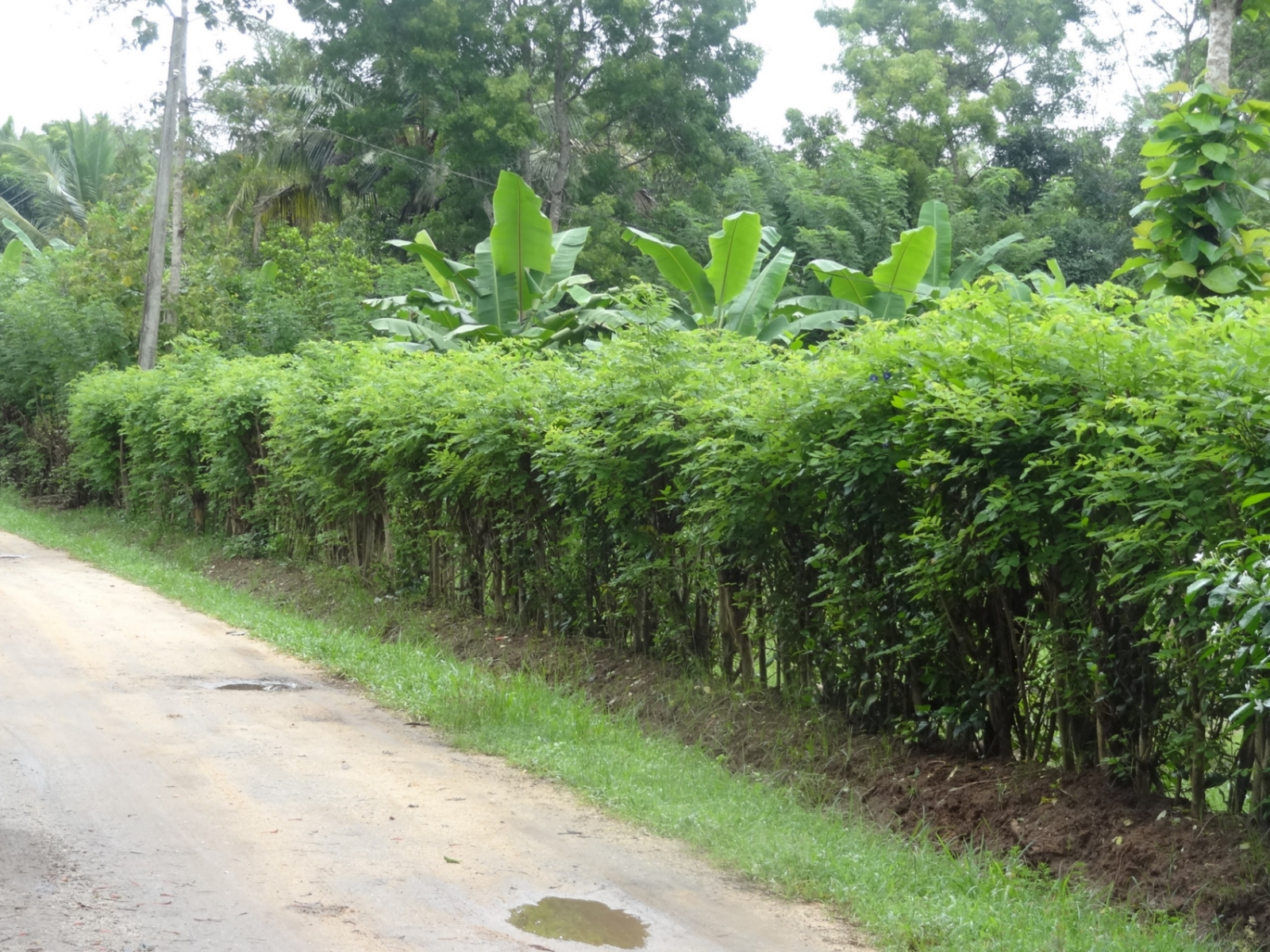An Overview Of Our Solution
- Population Impacted:
- Continent: Asia
Organization type
Population impacted
Size of agricultural area
Production quantity
People employed
Describe your solution
Describe your implementation
External connections
What is the environmental or ecological challenge you are targeting with your solution?
Describe the context in which you are operating
There is a huge prevalence of Chronic Kidney Disease in the North of Sri Lanka as a result of the misuse of agro-chemicals, pesticides, fungicides etc which is of real concern to small farmers.
Prior to commencement of this business farmers had 200-500 Gliricidia trees on their single tree live fence and had little understanding on the value of Gliricidia leaves.
We have taught small farmers to plant 2000 trees on a triple live fence and the impact of the leaves on soil fertility and soil improvement. And how Gliricidia’s manifold properties can improve the farmer’s livelihood and health today.
Once the pellet plant is commissioned (2018) we will guarantee to purchasing Gliricidia branches for a 20 years, We will also use the IT system & our field operations to be a conduit for small holder farmers to sell other produce - cashew, sesame, turmeric, pepper, vanilla etc. to market.
How did you impact natural resource use and greenhouse gas emissions?
Language(s)
Social/Community
Water
Food Security/Nutrition
Economic/Sustainable Development
Climate
Sustainability
This business was initially funded by HNW impact investors. We have now moved to institutional funding (InfraCo).
Once the 1st pellet plant is operational (2018) this this business will be self sustaining financially.
Return on investment
Entrant Banner Image

